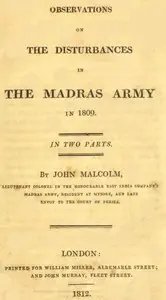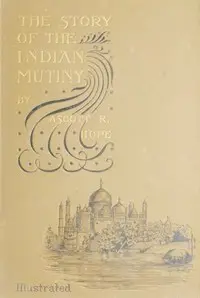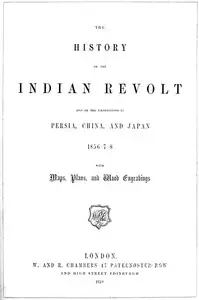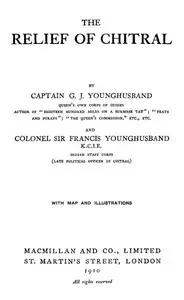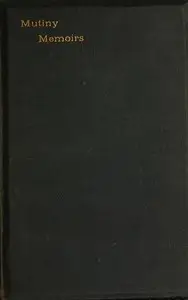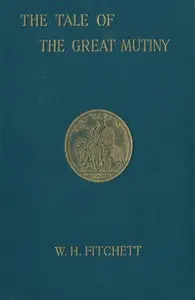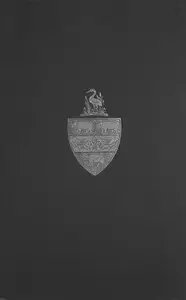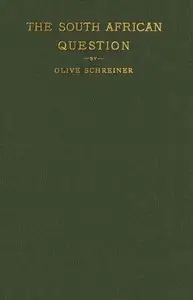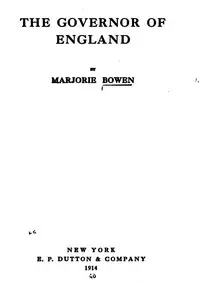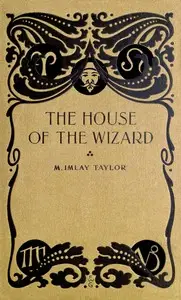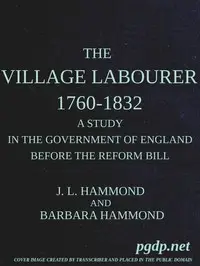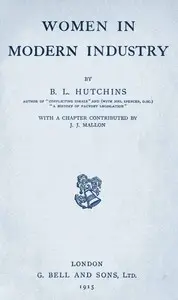"Cawnpore" by George Otto Trevelyan is a historical narrative that recounts the turbulent events at Cawnpore during the Indian Rebellion of 1857, spotlighting the clashes between British colonial forces and native soldiers. Trevelyan's account meticulously examines the intricate nature of colonial power structures and the relationships between people amidst increasing strife. The narrative begins by establishing the setting of Cawnpore, a crucial military outpost with a varied population of British soldiers, citizens, and local troops; foreshadows a growing emergency by illustrating strained relationships and hidden animosities surrounding the sepoys; and addresses complaints, such as rumors of greased cartridges and religious affronts, that ignite the impending revolt.
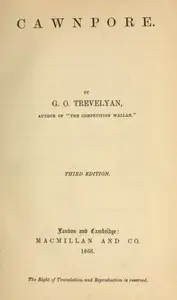
Cawnpore
By George Otto Trevelyan
Amidst growing tensions, a seemingly stable military station is torn apart by rebellion, revealing the dark side of colonial power and sparking a bloody conflict between British forces and local sepoys.
Summary
About the AuthorSir George Otto Trevelyan, 2nd Baronet, was a British statesman and author. In a ministerial career stretching almost 30 years, he was most notably twice Secretary for Scotland under William Ewart Gladstone and the Earl of Rosebery. He broke with Gladstone over the 1886 Irish Home Rule Bill, but after modifications were made to the bill he re-joined the Liberal Party shortly afterwards. Also a writer and historian, Trevelyan wrote his novel The Competition Wallah in around 1864, and The Life and Letters of Lord Macaulay, his maternal uncle, in 1876.
Sir George Otto Trevelyan, 2nd Baronet, was a British statesman and author. In a ministerial career stretching almost 30 years, he was most notably twice Secretary for Scotland under William Ewart Gladstone and the Earl of Rosebery. He broke with Gladstone over the 1886 Irish Home Rule Bill, but after modifications were made to the bill he re-joined the Liberal Party shortly afterwards. Also a writer and historian, Trevelyan wrote his novel The Competition Wallah in around 1864, and The Life and Letters of Lord Macaulay, his maternal uncle, in 1876.

